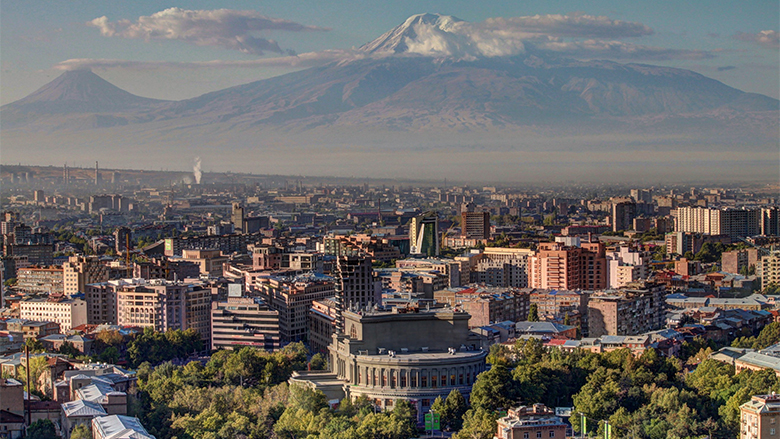By submitting an entry to this contest, every Contestant agrees and accepts the terms set forth below. If you do not agree with these terms, do not submit an entry.
Profile, rights and obligations of contestants.
- The Contest is open to individuals from Armenia and around the world who are not active staff of the World Bank, including consultants, interns, contractors and their employees. Family members and relatives of World Bank staff are eligible to participate, except for family members and relatives of World Bank staff involved in the Armenia National Disaster Risk Management Program.
- Contestants must be over the age of 18 when entering.
- Contestant acknowledges that all entries in this Contest are public and not private communications. Further, Contestant acknowledges that chats, postings, conferences, e-mails and other communications by other Contestants are not endorsed by the panel of judges, and/or the World Bank and/or its partners, and such communications shall not be considered reviewed, screened, or approved by the panel of judges and/or the World Bank and/or its partners.
- Contestant declares, represents and warrant that Contestant is the rightful owner of the entry, and of all the patents, copyrights, and/or trademarks associated with the entry. By entering this contest Contestant further declares, represents and warrants that Contestant has not (a) infringed on any third party rights, including copyrights, trademarks, industrial property, trade secrets, confidentiality obligations and rights of privacy and publicity, and that Contestant has obtained the necessary written release(s) or permission(s) to use any third party rights or intellectual property, including any trademarks appearing on Contestant’s Entry, or (b) violated any applicable law(s) in any countries in the world.
By entering this contest Contestant further agrees that the panel of judges has the right to verify the ownership and originality of any entry and that upon request, Contestant shall submit a written copy of any release or permission Contestant has received from a third party granting Contestant the right to use such property. Contestant understands that in the event a submission is selected as a winning entry, and Contestant’s ownership rights and the originality of Contestant’s entry cannot be verified to the satisfaction of the panel of judges or is in any other way ineligible, the panel of judges may select an alternate winner based on the same judging criteria.
- The panel of judges reserves the right for any reason to remove without notice any contents of the entries received from Contestants.
- Contestant shall not do any of the following:
- Defame, abuse, harass, stalk, threaten or otherwise violate the legal rights (such as rights of privacy and publicity) of others.
- Publish, post, distribute or disseminate any defamatory, infringing, obscene, indecent or unlawful material or information.
- Upload or attach files that contain software or other material protected by intellectual property laws (or by rights of privacy of publicity) unless Contestant owns or control the rights thereto or have received all necessary consents.
- Upload or attach files that contain viruses, corrupted files, or any other similar software or programs that may damage the operation of another's computer.
- Delete any author attributions, legal notices or proprietary designations or labels in any file that is uploaded.
- Falsify the origin or source of software or other material contained in a file that is uploaded.
- Advertise or offer to sell any goods or services, or conduct or forward surveys, contests, or chain letters. Download any file posted by another Contestant that Contestant knows, or reasonably should know, cannot be legally distributed in such manner.

